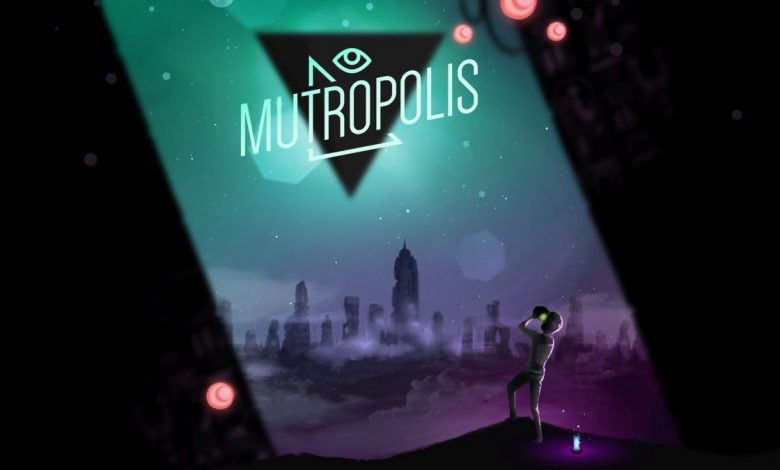
Admittedly, we hadn't heard much about Mutropolis. Perhaps because the duo Juan Pablo Gonzalez and Beatriz Gascon, the people who make up Pirita Studio, hadn't put much emphasis on getting their product known. But under the umbrella of Application Systems Heidelsberg, a publisher that has provided us with a few interesting adventures in recent years (Unforeseen Incidents, Lamplight City, Nelly Cootaloot), Mutropolis will have a chance to be known by more people. It's something that would be unfair not to happen, being one of the most enjoyable adventures I've been lucky enough to play in recent years. It's worth mentioning that I started it right after the excellent The Hand of Glory, having low expectations, as I didn't think I'd get another adventure of any merit in such a short space of time. And I'm very glad to have been proved wrong.
The premise of the game is quite original, and shows its humorous intentions from its cleverly staged introduction. It is 5000 AD and humanity has permanently relocated to the planet Mars. The cause of this was a cataclysmic event that occurred many thousands of years ago (like the extinction of the dinosaurs a thing) with the consequence that Earth ceased to be habitable by human beings. Now, the planet consists mostly of thousands of acres of flora, while all the glorious achievements of the early life of humans are nothing but legends and a motive of research for archaeologists and scientists of the time. One such scientific team includes our protagonist Henry Dijon, an up-and-coming archaeologist who, along with Professor Totel and the rest of the team (Luc, Micro, Cobra and Carlata - each of various specialties), are on Mother Earth, thoroughly analyzing the remains of the once mighty planet.
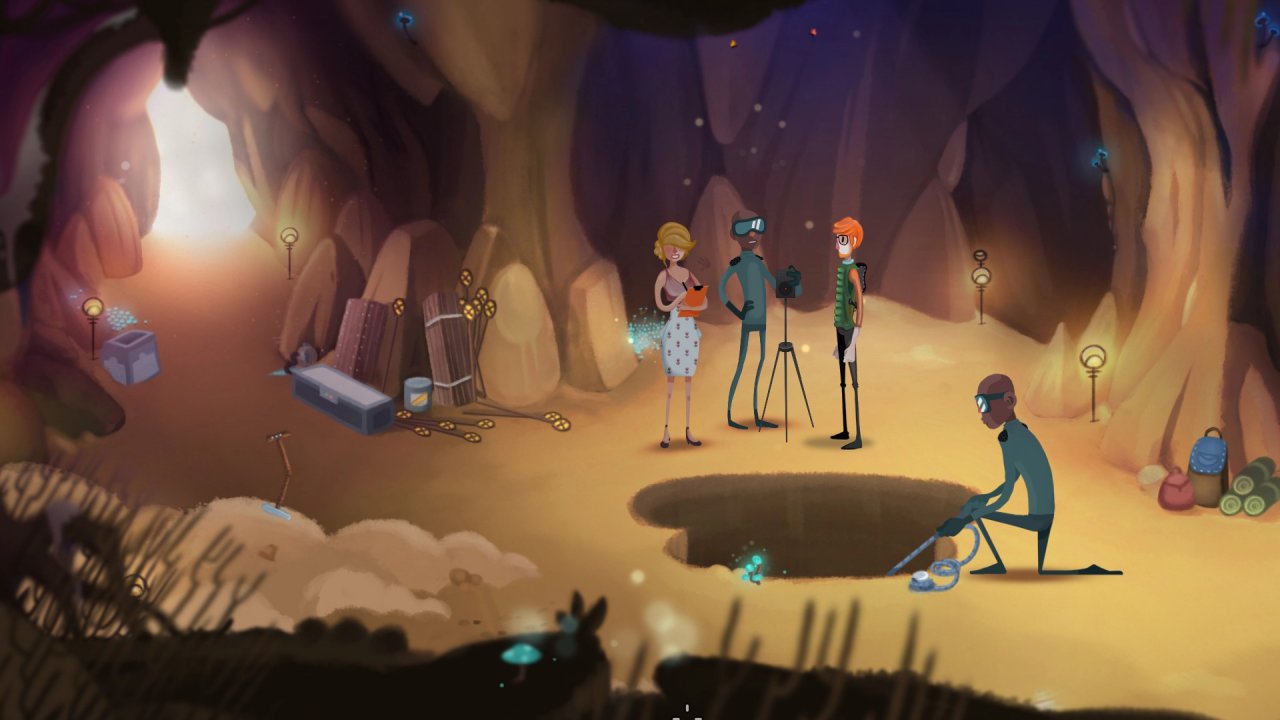
Totel is hugely obsessed with Mutropolis, a lost city in the standards of El Dorado, which he reckons holds many secrets and golden information for archaeologists. The rest of the team, including Henry, don't particularly share Totel's "craziness". Nevertheless, as loyal servants of their science, they follow him every step of the way, while discovering unique relics that lead them to a better understanding of life on Earth in the 21stcentury.
But during a mission, the team finds themselves in front of a closed gate that, from the hieroglyphics engraved on its entrance, seems to be guarding something very important. Afterwards, with Henry's help, they manage to open it, the entire team gathers in a room where clear evidence of the existence of the coveted Mutropolis is presented in the form of graffiti! Then, all of a sudden, the lights go out, panic ensues and Totel disappears, leaving no trace.
None of the other members of the group were harmed, however Totel's disappearance, which undoubtedly indicates that he was kidnapped, caused enormous concern and forced them to return to the University and alert the authorities. However, things turn out to be far more complex than Henry would have expected. On the one hand, the police show little inclination to look for an obsessed old man and reckon he will return back home by himself, and on the other hand, some strange and eerie presences have begun to appear at the University. What exactly happened to make Totel disappear? Who could be hurting him and why? Who is the beautiful girl walking around in a rather unusual costume who claims to be the (unknown to the people of 5000 AD) deity Isis? Does Mutropolis finally exist or is it just a utopia in the mind of a dreamy archaeologist? This is something you must find out on your own.

It is a quite interesting and beautifully written story, which successfully mixes the mystery surrounding an unexplained disappearance case, the science fiction element and the ancient deities of Egyptian civilization. As disparate as all of this may sound, Mutropolis writer Beatriz Gascon proved to be a very good "matchmaker", as their marriage never once comes across as incongruous or rushed. Combined with the remarkable characters that make up the adventure, such as our smart but timid protagonist Henry, the enthusiastic hacker Micro or the controversial Cobra, Mutropolis very quickly manages to immerse us in its world and make us enjoy every minute of playing with it.
The action is divided into three acts, each one with a clear goal, but with the steps leading up to its achievement being many and complex. Specifically, in the first Act, which is by far the shortest in length and locations (there is practically only one), the goal is simply to manage to open the mysterious portal, which Professor Totel is convinced hides information about the location of Mutropolis.
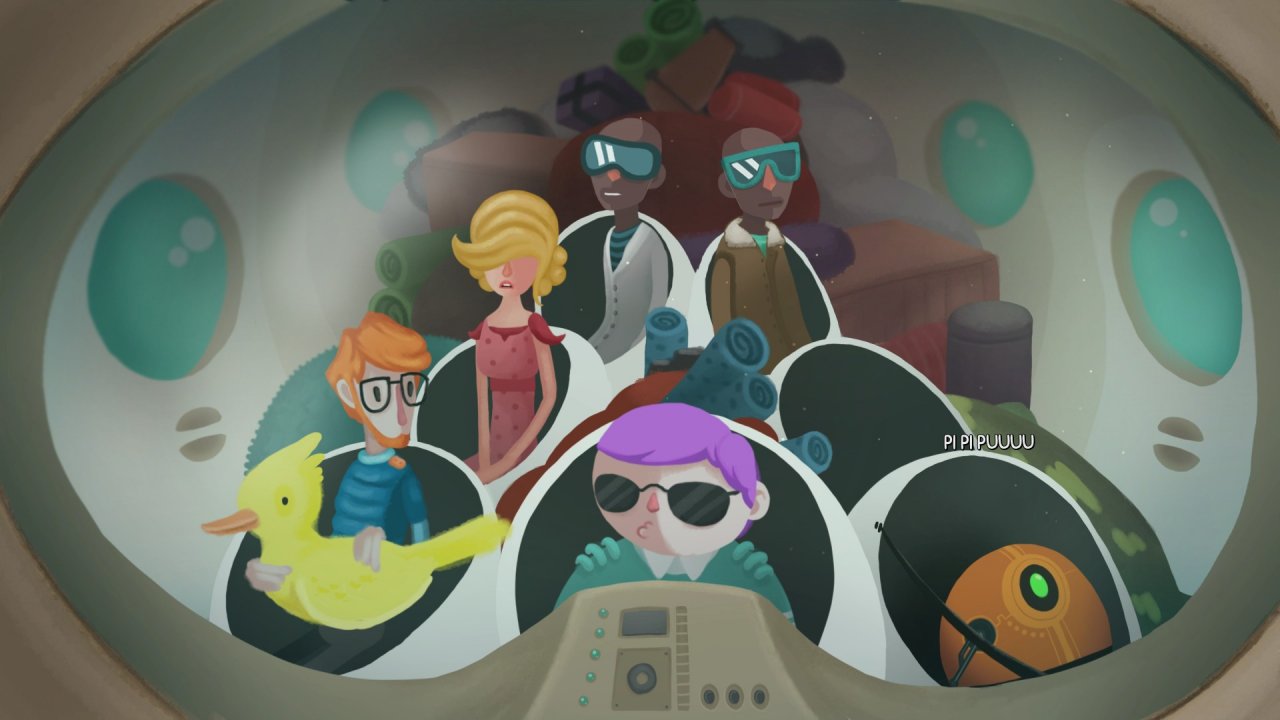
In the second Act, after Totel' disappearance, we find ourselves in the University, closed due to the police investigation, with Henry awaiting the progress of it. As mentioned above, the investigator in charge shows no particular zeal to solve the case. Consequently, the hero takes the initiative to search for Totel himself, with the agreement of the rest of the team, who (luckily for him) offer to join in. Locating the professor, however, is not the easiest thing in the world when you don't know where to look, but help comes from where you least expect it. Literally a... deus ex machina.
Finally, in Act 3, we are almost in the heart of the jungle (which once housed huge megacities), with the whole team trying to find the professor, as well as the entrance to the city of Mutropolis (?). This is where things start to take a different turn, with Henry having to overcome his fears if he wants life throughout the universe to continue to exist as he knows it.

Don't be put off by the small number of acts, as the game includes plenty of action that can last up to ten hours (depending on how good player you are, of course), and includes dozens of puzzles to solve. Its puzzles are a bit above average difficulty and this is not because of moon logic puzzles, but because they require observation, concentration on what the hero and the other characters are saying and, most importantly, combinatorial thinking.
In the lack of a to-do-list that records our most important goals and a hotspot indicator, many times we have to think of items that at first glance may seem insignificant, but in essence may give us key hints for solving a puzzle or even the other way around. For example, the bookcase in Totel's office contains too much information for solving several Act 2 puzzles, while the Mutropolis book that stands in front of the lot is practically useless.
While there are items that they are not necessary to use in order to complete the adventure, thankfully we don't encounter the tragic situation we saw in Encodya, and some have simply the role of an easter egg to earn the respective achievement. Nevertheless, the vast majority of the puzzles are of a high standard, we'd say along the lines of the point 'n' click adventures of the golden age. They are combined with a plethora of well-written dialogue, sprinkled with subtle humour that won't make us laugh out rolling on the floor, but they will draw a smile on our face throughout the game.
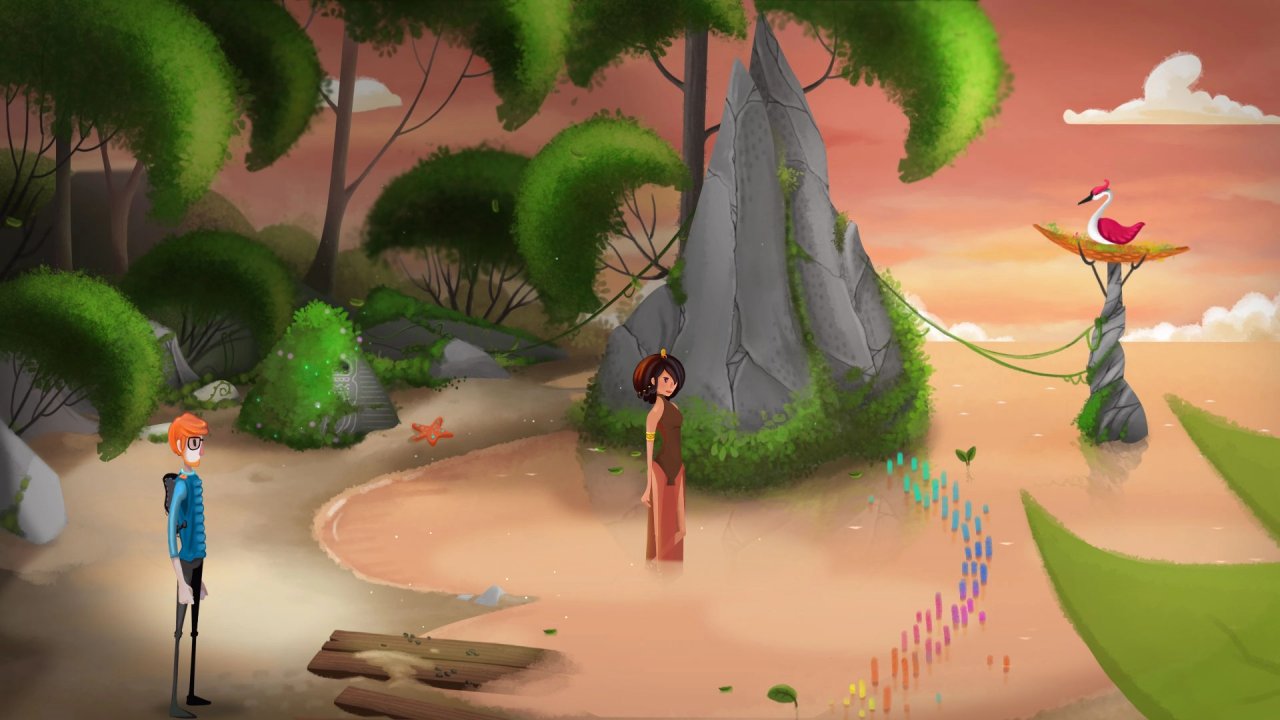
If we have a complaint about the way the game is implemented, it's that towards the end of the adventure, events start to "run" more hastily than one would expect, while we would have liked to see more detailed descriptions of the items, especially those we collect in our inventory. As it is now, Henry's "this is a lemon" response when we examine a lemon is not the best help we could get. Fortunately, on several other occasions, Henry's monologues are able to get us out of a conundrum we've wasted hours on.
However, it is worth noting that some actions cannot be carried out earlier than they should be, so it is legitimate to return to them after a sequence of actions or dialogues. Incidentally, the absence hotspot indicator is not annoying at all, because both the spots we can act on and the objects we can pick up are clearly displayed without the need for pixel hunting, while the fact that only the left-click mouse button is used, simplifies things without making them easier.
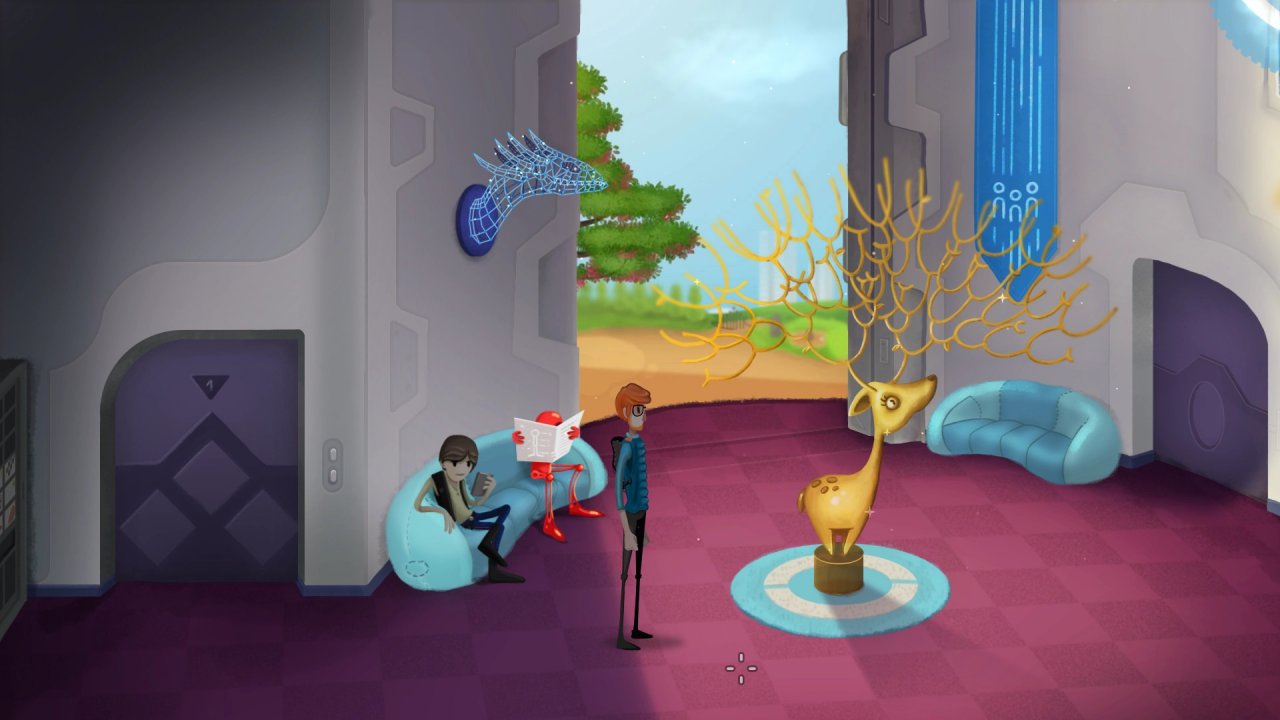
After all, as we mentioned before, Mutropolis is not an easy adventure, but its great achievement is that it doesn't get annoying. It's so enjoyable to play that it doesn't let you quit for any reason, and some of the puzzles will be memorable, like the one with the three trials or how to convince the pilot to take us to Sector 7. Really, very good work from Pirita Studio, which with its first production, automatically joins the ranks of development teams that can make a substantial contribution to the point 'n' click adventure genre.
In terms of the game's graphics, Mutropolis exudes a distinct personality and a strong artistic point of view in both environments and characters. The environments in particular are beautiful, full of colours, elegant lines and excellent lighting, the result of Juan Pablo Gonzalez's unique talent. The characters, on the other hand, with their tall and lanky appearance, are a bit reminiscent of the similar approach taken in Broken Age, but any similarities stop there, as the result is clearly superior both in terms of animation and kinesiology as well as facial expressiveness.
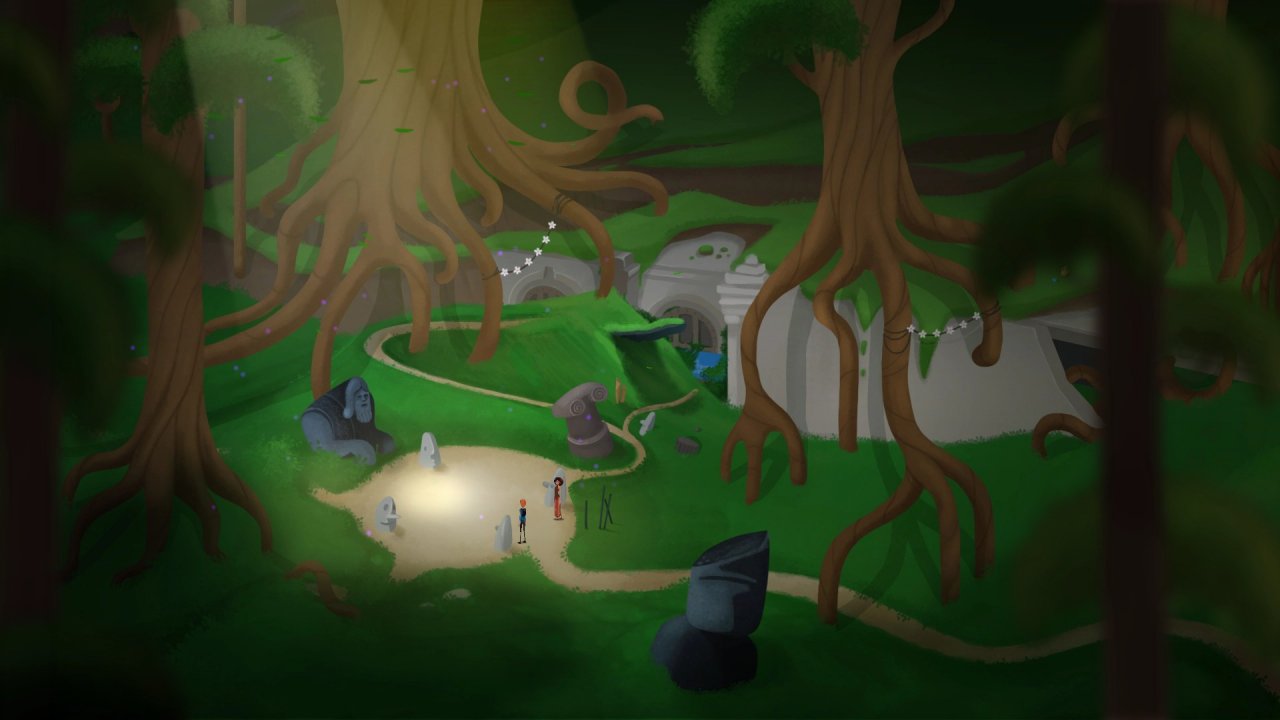
In sound terms, the game mainly includes ambient background music, which primarily takes care not to distract the player but to accompany the action, and although it is repetitive, it does not become tedious. The voice-overs are of a high standard though, it really is a professional job that has absolutely nothing to envy from other bigger productions.
To sum up, Mutropolis was one of the most pleasant surprises I've encountered as a gamer and reviewer. It's one of those cases where you start playing a game with a "chore" attitude and end up with something that easily ranks among the most accomplished adventures of recent years. It would be a blessing to see Pirita Studios' follow-up, either in the form of a sequel or an entirely new product. As long as there is the support from the audience, because it really deserves it.
RANKING - 85%
85%
Head of Expeditions
A delightful adventure and a first class debut for Pirita Studio.







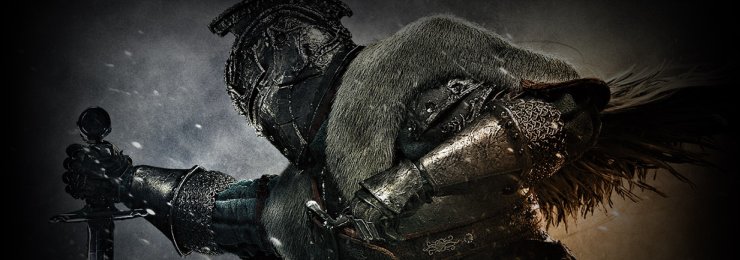

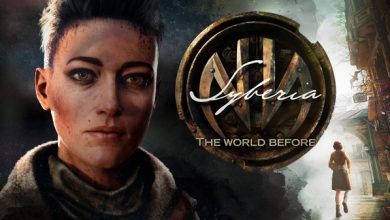


Οι indie devs συνεχίζουν να κρατάνε τη φλόγα ζωντανή στο είδος. To art μου θύμισε λίγο Broken Age, αλλά ευτυχώς είναι ανώτερο ποιοτικά.